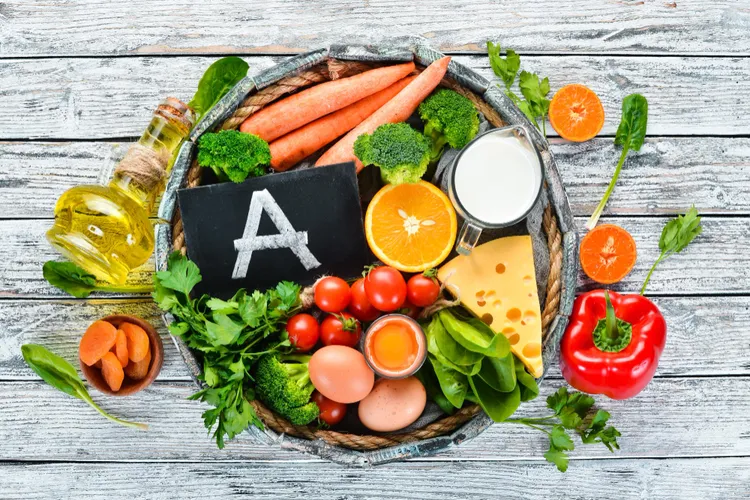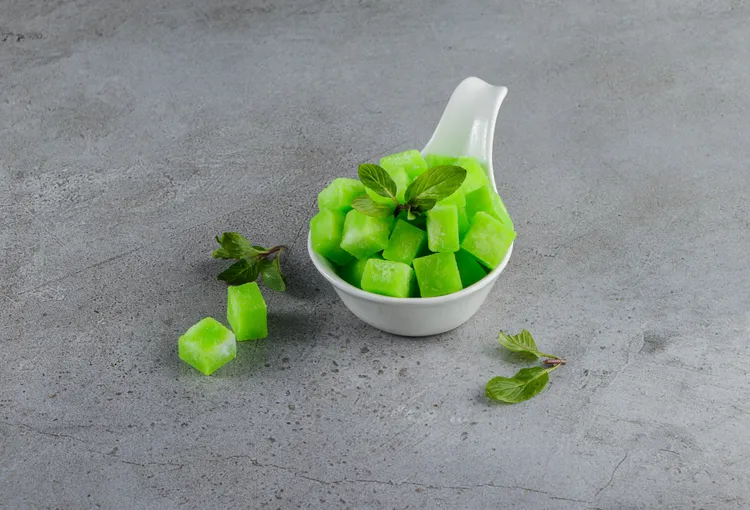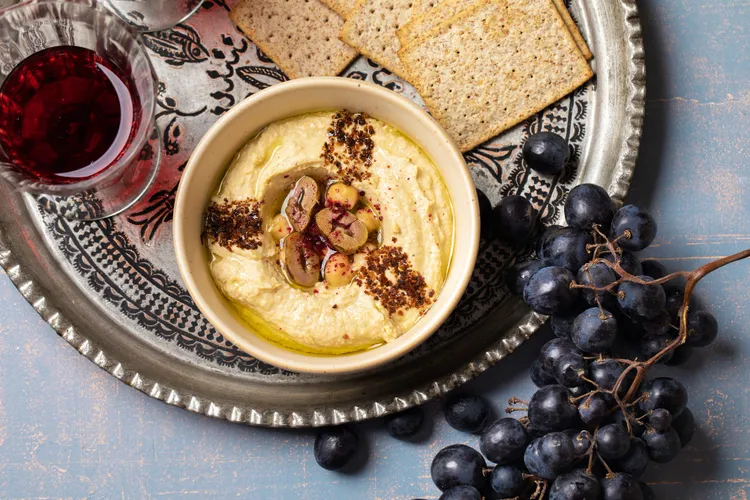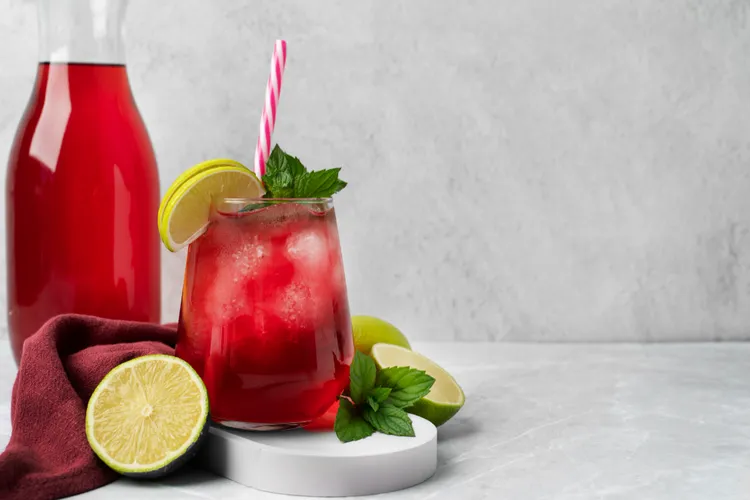Foods High in Vitamin A: Boost Your Vision, Immunity & Skin Health Naturally
In a world saturated with superfoods and trending supplements, Vitamin A holds its ground as a time-tested, essential nutrient your body can’t do without. Best known for supporting vision, immune health, and skin integrity, vitamin A is a fat-soluble vitamin that plays a foundational role in keeping your body functioning at its best. Despite its importance, vitamin A deficiency remains a concern in parts of the world and even in some modern diets that lack variety or rely heavily on processed foods. Fortunately, a well-balanced diet can easily meet your vitamin A needs - if you know which foods to eat.

What Is Vitamin A?
Vitamin A isn’t a single nutrient, but rather a group of fat-soluble compounds that includes:
- Retinoids (preformed vitamin A): Found in animal-based foods like liver, eggs, and dairy.
- Carotenoids (provitamin A): Found in plant foods, particularly colorful fruits and vegetables. The most well-known is beta-carotene, which your body converts into active vitamin A.
These forms of vitamin A serve slightly different purposes but both contribute to your overall vitamin A status.
Health Benefits of Vitamin A
- Improves Vision
- Supports night vision and protects against age-related decline.
- Maintains the cornea and supports the retina's function.
- Boosts Immune Function
- Essential for healthy mucous membranes in the respiratory and digestive tracts.
- Enhances white blood cell activity to fight infections.
- Supports Reproductive Health
- Crucial for fetal development during pregnancy.
- Supports male and female reproductive systems.
- Promotes Healthy Skin and Cells
- Aids in skin repair, wound healing, and cellular growth.
- Used in dermatology to treat acne and other skin conditions (e.g., retinoids).
- Powerful Antioxidant (Carotenoids)
- Helps neutralize free radicals and reduce inflammation.
Signs of Vitamin A Deficiency
Though rare in developed countries, deficiency can still occur in:
- People with fat malabsorption disorders (like celiac, Crohn’s, or cystic fibrosis)
- Vegans who don’t eat enough provitamin A-rich vegetables
- Alcoholics or people with liver issues
Common signs include:
- Poor night vision or dry eyes
- Dry or rough skin
- Frequent infections
- Slow wound healing
- Fertility issues
Top Animal-Based Foods High in Vitamin A (Preformed Retinol)
These foods contain vitamin A in its active form and are absorbed very efficiently:
- Beef Liver
- Vitamin A: ~6,600 mcg RAE per 3 oz (over 700% of the RDI!)
- Nutrient powerhouse also high in iron, B12, and copper
- Best consumed in moderation due to high vitamin A content
- Cod Liver Oil
- Vitamin A: ~4,080 mcg per tablespoon
- Also rich in omega-3 fatty acids and vitamin D
- Often used as a supplement in capsule or liquid form
- Egg Yolks
- Vitamin A: ~75 mcg per large egg
- Also a good source of choline and healthy fats
- Butter and Ghee
- Vitamin A: ~355 mcg per tablespoon (butter)
- Natural, bioavailable form of vitamin A, especially from grass-fed cows
- Cheese (especially cheddar)
- Vitamin A: ~330 mcg per ounce
- Also provides calcium, protein, and vitamin K2
- Whole Milk and Fortified Dairy
- Vitamin A: ~150 mcg per cup (varies with fortification)
- Opt for full-fat dairy for better absorption of fat-soluble vitamins
Top Plant-Based Foods High in Vitamin A (Carotenoids)
These foods contain beta-carotene, which your body can convert to vitamin A. Bright orange, red, and dark green vegetables are your best bet.
- Sweet Potatoes
- Vitamin A: ~1,403 mcg RAE per medium sweet potato (baked, with skin)
- One of the highest plant-based sources
- Carrots
- Vitamin A: ~835 mcg per ½ cup (raw)
- Snackable, versatile, and beta-carotene-rich
- Butternut Squash
- Vitamin A: ~1,140 mcg per cup (baked)
- Creamy and sweet - great for soups and roasting
- Pumpkin (canned or fresh)
- Vitamin A: ~706 mcg per ½ cup
- Ideal for baking and purees
- Spinach (cooked)
- Vitamin A: ~573 mcg per ½ cup
- Also high in iron, magnesium, and folate
- Kale (cooked)
- Vitamin A: ~885 mcg per cup
- Use in sautés, soups, or smoothies
- Collard Greens
- Vitamin A: ~722 mcg per ½ cup
- Great in southern dishes and nutrient-dense
- Red Bell Peppers
- Vitamin A: ~117 mcg per ½ cup (raw)
- Also rich in vitamin C and antioxidants
- Mangoes
- Vitamin A: ~112 mcg per cup
- Sweet and hydrating, a good fruit source
- Cantaloupe
- Vitamin A: ~270 mcg per cup
- Low in calories and refreshing in summer
Pro Tips for Maximizing Vitamin A Absorption
- Pair with fat: Since vitamin A is fat-soluble, it absorbs better when eaten with healthy fats. Add olive oil to cooked greens, or eat carrots with hummus or avocado.
- Cook your veggies: Cooking breaks down plant cell walls, increasing the availability of beta-carotene - especially in foods like spinach, carrots, and tomatoes.
- Don’t overdo it with supplements: Excessive preformed vitamin A can be toxic. Stick with food-based sources unless otherwise advised by your doctor.
Vitamin A for Vegans and Vegetarians
Plant-based eaters should focus on a variety of beta-carotene-rich vegetables and ensure they’re eating enough fat to promote absorption. Since conversion rates from beta-carotene to retinol can vary, consuming a range of colorful produce daily is the safest and most effective approach.
Vegans should also be mindful of other nutrients that affect vitamin A status, like zinc and vitamin D.
Make Vitamin A a Daily Priority
Vitamin A is essential, versatile, and easily accessible through whole foods - whether you eat meat or not. By focusing on colorful produce, quality animal products, and healthy fats, you can support your vision, immune system, skin, and cell health naturally and deliciously.
Your action steps:
- Add leafy greens and orange veggies to at least two meals per day
- Include healthy fats to boost absorption
- Choose high-quality animal products or fortified foods if needed
Your eyes, skin, and immune system will thank you.
Check out our Vitamin A Rich Recipe Collection for nourishing dishes packed with these powerhouse ingredients.









